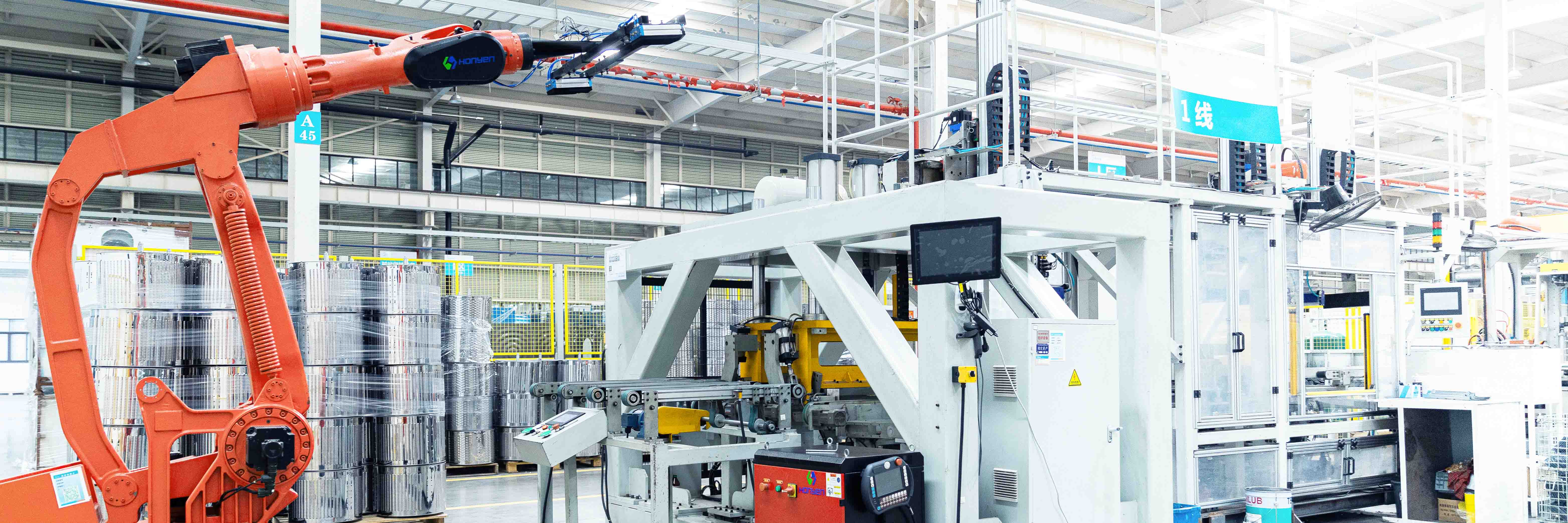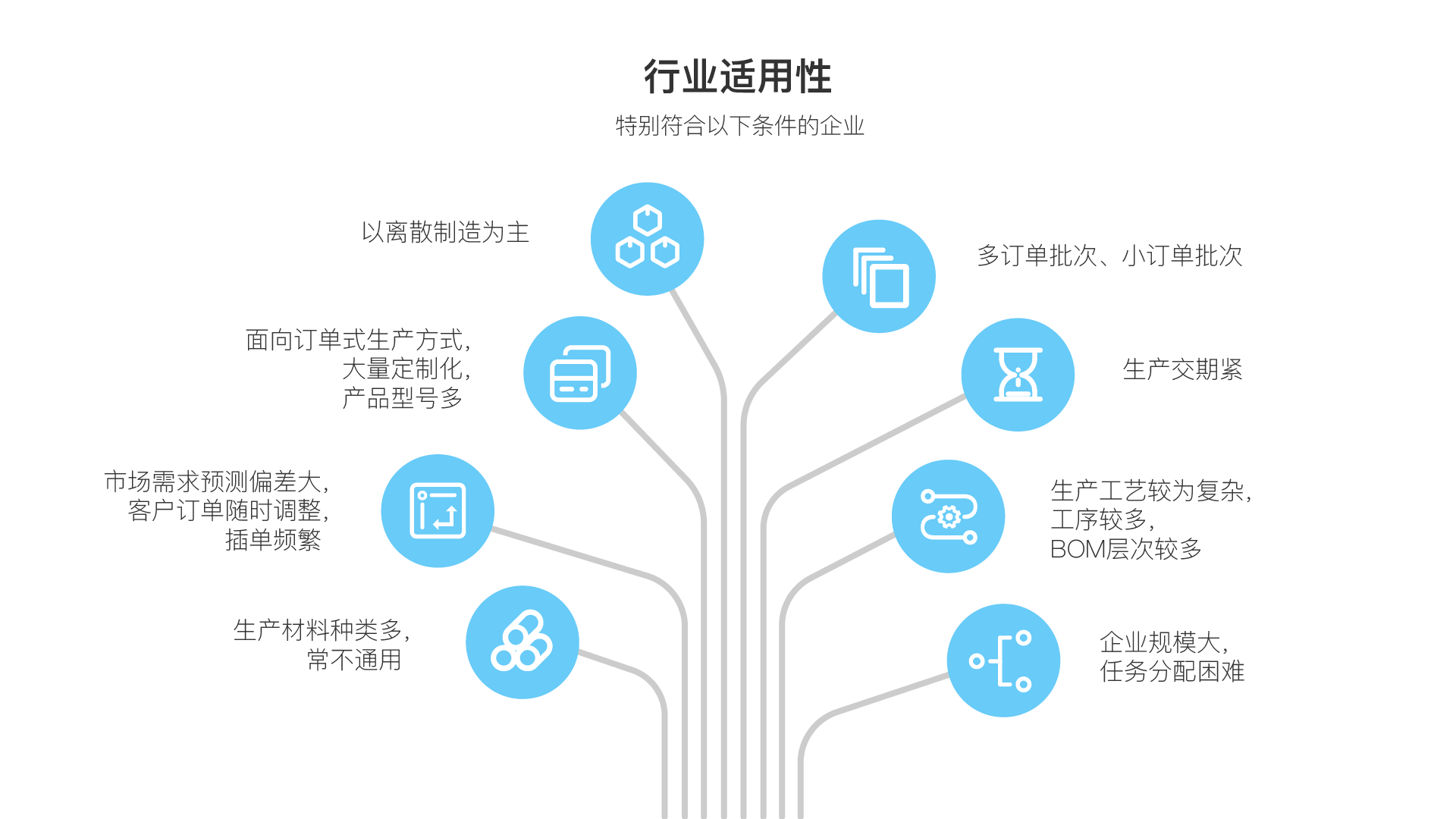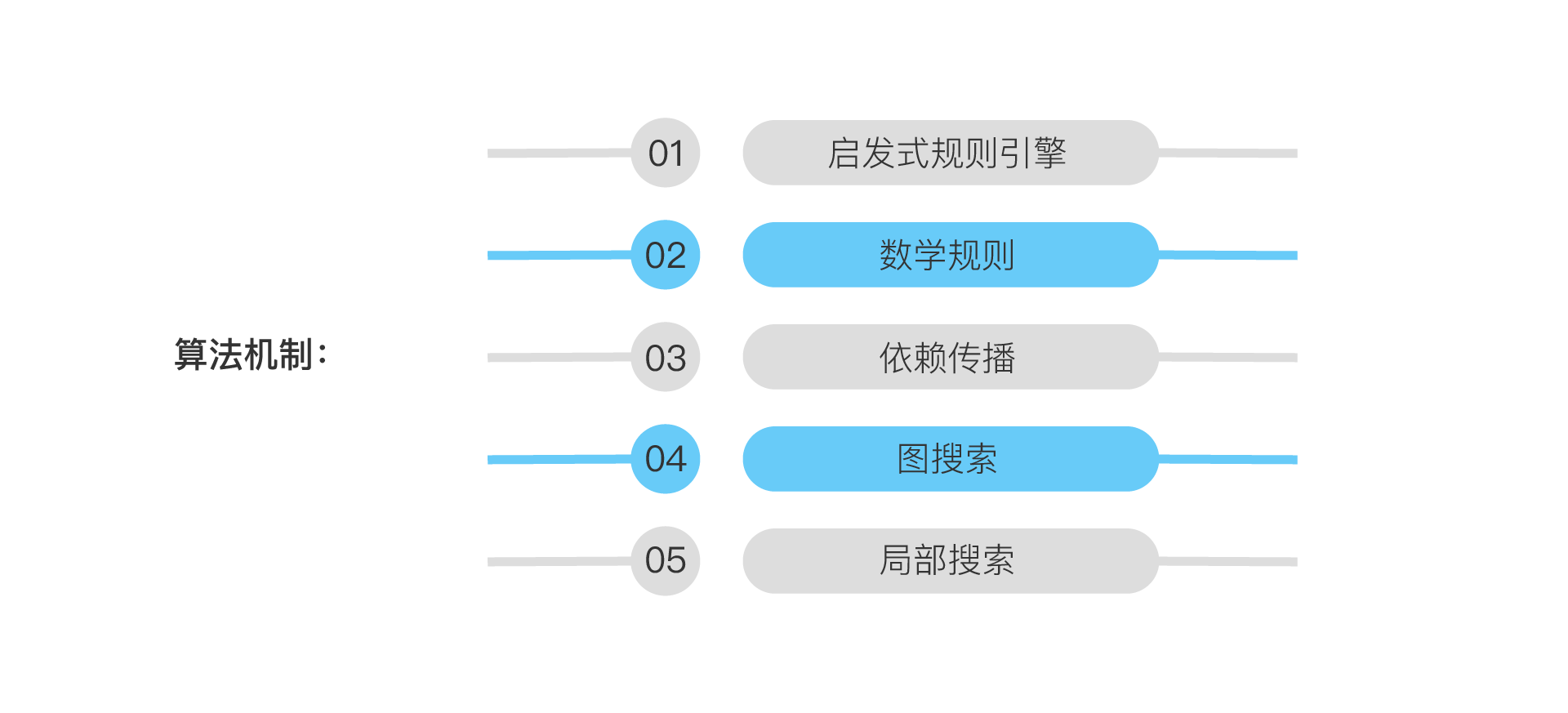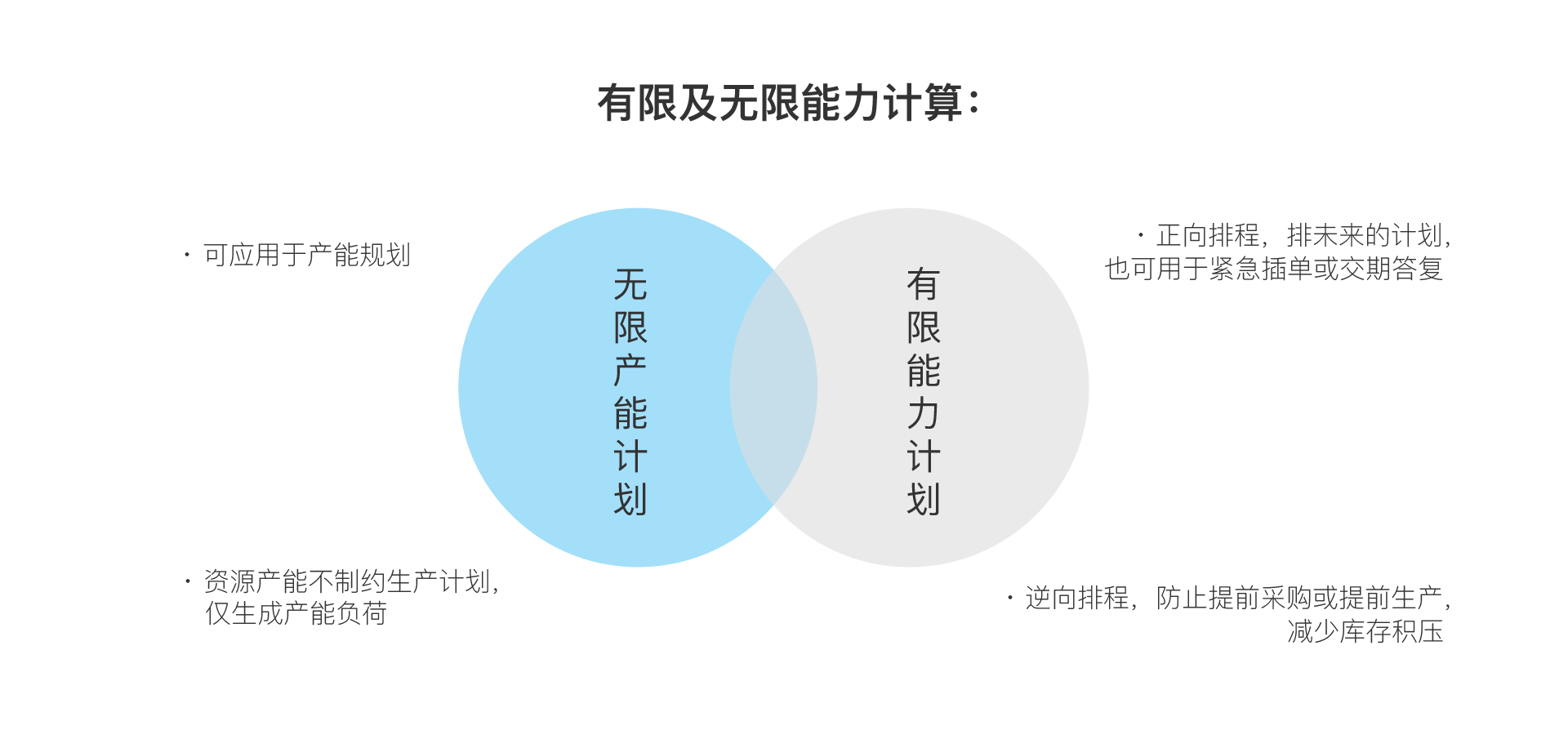
股票代码:833352
中文|




APS(Advanced Planning and Scheduling) is a comprehensive production management and material control system for manufacturing enterprises.
An advanced planning and scheduling system based on mature supply chain management and constraint theory to pursue lean production as the goal, including a large number of mathematical models, optimization and simulation techniques, concurrently consider the resources and capacity constraints inside and outside the enterprise, to provide optimal solutions for complex production and supply problems. Helping enterprises analyze, optimize, make decisions and implement operations to cope with the flexible market environment.
Industry pain points and demands:
·Unable to respond to urgent customer orders and predict the impact on existing plans.
·Unable to assess capacity and inventory of materials accurately, and incapable to make quick answer about delivery dates.
·Production of a large number of customized products, varieties, less batch, difficult to make plan.
·Inventory increases ceaselessly, a large amount of funds are being occupied, capital turnover being affected severely.
·Unable to monitor the production process and obtain the production schedule in time
·The production plan changes frequently and it is difficult to adjust the plan.



· Multiple process route selection
Match actual business scenarios and support multiple manufacturing processes
To realize the same material with different process route selection and process configuration
· Automatic material predistribution
According to the specification attributes of materials, supply and demand matching, the establishment of finished products, semi-finished products, raw materials distribution relationship, to achieve the balance of supply and demand of materials and uniform production;
Procurement, sales, production to meet the order of time constraints, improve the time precision of material planning;
Strong connections are formed based on orders to meet timely response and adjustment in sales, production and procurement scenarios.
· Multilevel material control
Reduce the quantity of materials in stock and the time of parts being processed on site
The consideration of materials reaches the process level, the input and output of each process can be considered to make the material plan more refined.
Material demand and resource capacity should be taken into account synchronously to match the actual capacity of the team and equipment
Graphical display of each material (raw material, semi-finished product, finished product) in and out of storage, accurately grasp material changes from the past to future.
Better control and management of stock, reduce stock and prevent out of stock effectively
· Optimize production sequence, reduce switching
Concentrate on producing products or orders with the same or similar requirements on the premise of meeting the delivery time;
· Improve equipment utilization rate
Make full use of fragmentation time, dynamic adjustment, maximum utilization of capacity
· Shorten the production cycle
Order segmentation: orders are divided according to the manufacturing/purchasing batch, and meet the minimum batch and batch unit constraints;
Static segmentation: the production tasks with planned manufacturing quantity, long processing time and large processing quantity are divided according to certain segmentation rules to generate sub-work, shorten manufacturing cycle, improve resource utilization, optimize generation plan and balance production capacity;

